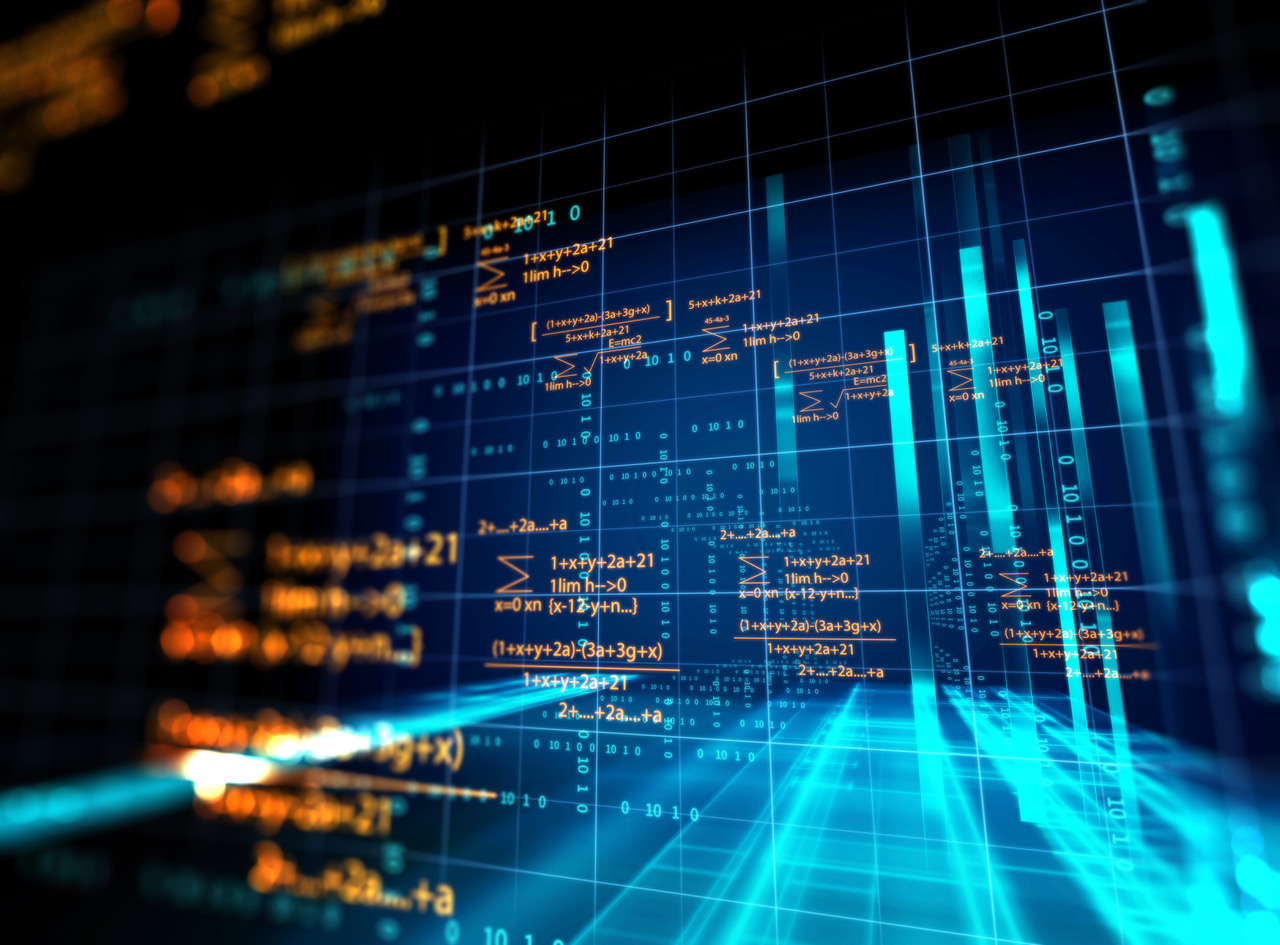Every financial institution is looking to digital transformation to meet rising customer expectations for speed and convenience, lower its operating cost, and fend off competition, including from tech companies moving into financial services. Some are spending over 10% of yearly revenue on technology investments, according to Bloomberg. “This is a huge investment and most financial institutions cannot support this for the long term,” says Michael Fei, SME banking CEO at OneConnect Financial Technology, an associate of Ping An Insurance.
The covid-19 pandemic has revealed how even financial institutions that considered themselves digitally advanced are, in reality, still wedded to analog processes along the chain of processing.
“For many financial institutions, this has been a wake-up call,” says Fei. “In the past, many had thought that if they have an online portal and a mobile application then that’s enough. But now they’ve realized it’s not. Some banks have online portals and mobile apps where you can apply for loans, but they still need to send items to the customer and carry out on-site inspection before they can process the loans, which hasn’t been possible during covid. Banks have had to reshape and redesign the whole process of their lending products.”

Banks have also realized their lack of truly deep customer knowledge, which is crucial to inform responsible and flexible decisions during an economic downturn as customer needs rapidly change.
“Now that everything is digital, financial institutions are realizing how little they knew their customers,” says Tan Bin Ru, chief executive officer for Southeast Asia at OneConnect Financial Technology. “Customer hyper-personalization tools, to understand what products to offer, have been acknowledged conceptually for a long time but not implemented—now banks are moving towards it and really getting tools to do it.” Traditional banks that were not previously utilizing alternative datasets now want to integrate them more into secure lending, Tan says.
The power of partnerships
Banks have increasingly understood they need outside help to execute their digital transformation agenda. “Banks usually have very rigid systems and procedures,” says Fei. “For instance, if you want to launch a new product you have to follow the process, and it takes at least six months. In the age of digitalization, this doesn’t work, as customers want things immediately. This has put huge pressure on these financial institutions to build agile operations and systems to be able to respond to the needs of their customers.”
But the number of tech companies pushing into financial services can be overwhelming and not all of them have domain expertise, which can lead to misguided attempts to apply new technologies everywhere. Without experience of financial services, tech companies may also underestimate the trade-offs involved in deploying certain digital tools.
OneConnect combines expertise in digital technology with deep knowledge of banking. Fei, who has past experience working at HSBC China and Bank of Langfang, a Chinese commercial bank, describes one partnership with a Chinese national bank to reimagine its customer service center as an illustration of why banking experience matters in digital reform. The lender was looking to transform a 6,000-person call center toward a more intelligent, AI-enabled approach with greater use of automation. But automating customer services must be done carefully; customers will not appreciate being handed off to a robot for certain sensitive or urgent inquiries where a human counterpart is desired.
OneConnect built a knowledge map with the bank, to understand and anticipate what problem a customer is trying to solve with a given query, and then understanding when and where to apply automation versus human support. “This required extensive understanding of the business and the industry, which many technology companies do not have,” he says. “You need that, to know when to intervene, what should be done by robotics and what should be a human being. Many tech companies cannot offer this.”
Rather than advocating digital transformation across the board, OneConnect works to get the right balance between customization and integration, and to appreciate that banks are looking for a blend, or omnichannel approach. “Our banking customers, and their customers, want to be offline for certain things, and online for others; they want that flexibility,” says Tan.
A second partnership problem banks face is the sheer number of technology vendors and startups, which can be overwhelming and complicate their digital transformation journey. It is unclear which fintechs will survive and which will not; startups might offer an appealing technology, but if their underlying business model proves unviable, or they cannot raise sufficient funding to support their expansion, or they pivot to a new direction, a bank is exposed.
In many cases, banks take on many different fintechs because no single startup can manage the breadth of their needs, or because the bank wants to diversify its risk. “Since the digital journey is such a long process, a lot of banks feel they need to look at 15 to 20 fintechs to piece together their journey, but the more players they have, the more risk there is,” says Tan.
OneConnect solves both problems—an overly complicated vendor network and the risk of working with fledgling tech companies—by offering a broad sweep of turnkey solutions, with the commercial scale and security that customers can rely on. Typically, a bank will chart its desired journey and up to 80% of those solutions can be provided by OneConnect, says Tan. The company, publicly traded on the New York Stock Exchange, also draws on over 30 years of experience in financial services of its parent company, Ping An, described by The Economist as a window into the future of finance. “No other traditional financial-services group in the world comes close to rivaling Ping An’s ability to develop technologies and deploy them at such a scale,” the magazine recently wrote.
OneConnect: The journey so far
OneConnect has built a broad business in China, serving all of its major banks, 99% of its city commercial banks, and 53% of insurance companies. But its footprint is increasingly global, with over 50 international customers in more than 15 markets, including Singapore, Indonesia, Malaysia, Philippines, and Abu Dhabi.
The company has built new technology solutions to enhance pricing accuracy, such as an alternative data, AI-based credit scoring model for a credit bureau in Indonesia, and supported Malaysian banks to develop user-friendly apps, digital portals, and onboarding. It is leveraging image recognition, a core enabler of “insur-tech” that allows insurers to quickly assess damage claims and pay out to eligible beneficiaries. OneConnect has partnered with Swiss Re, a European insurer, to develop a digital end-to-end solution for motor claims handling, based on AI-based image recognition and advanced data analytics. The tool can analyze photos of vehicle damage, identify repair needs and costs within minutes, offer cash payments, and even offer value-added services, like directing drivers to a repair garage.
OneConnect is also helping build the fintech ecosystem by working with governments, regulators, and stakeholders. It is working with Singapore’s blockchain association to build the skills, literacy, and talent pool needed to enable innovation and has partnered with Abu Dhabi Global Market, a financial center in the United Arab Emirates, to support the development of a “digital lab,” a sandbox for fintechs to collaborate and develop their innovations.
Working closely with its partners at home and abroad, OneConnect is helping the finance industry move swiftly into the digital era by leveraging the right tools at the right time, benefiting customers and finance institutions alike by widening access to services and lowering costs.
This content was produced by Insights, the custom content arm of MIT Technology Review. It was not written by MIT Technology Review’s editorial staff.







Recent Comments